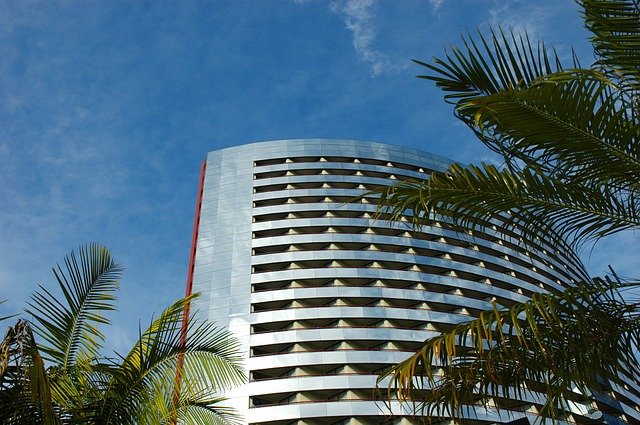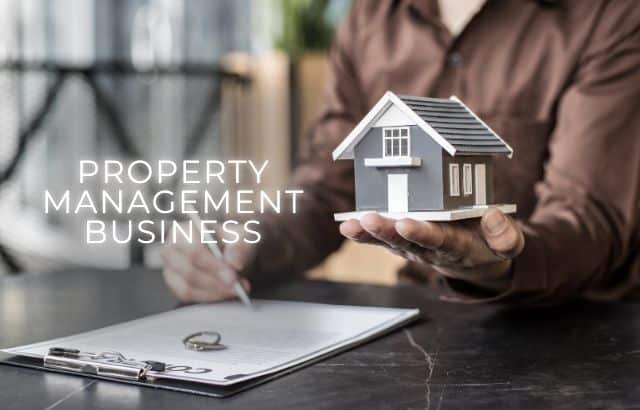Invaluable Property Management Tips and Techniques

- Scheduling Is Vital for Property Management Entrepreneurs
Effective scheduling is crucial in property management. According to Hirav Shah, a well-planned routine can eliminate most issues that arise. One essential tip is to always refund tenants their security deposit on time. Shah recommends refunding tenants a week early to avoid any disputes and ensure a smooth transition. By following a standard procedure every time a tenant moves out, property managers can prevent headaches for both parties and protect themselves from potential conflicts.
Example: If a tenant plans to vacate the property, set a reminder to schedule the final inspection and security deposit refund well in advance. This ensures there are no delays or misunderstandings.
- Get Everything in Writing
Knowing your rights as a landlord is essential, particularly when it comes to the move-out process. In many states, tenants must give a specific notice, often 30 days, before moving out, allowing you to continue charging rent during that period. Hirav Shah advises always requiring written notice, as verbal agreements can lead to misunderstandings or disputes. A signed “Intent to Vacate” form is essential for clear communication and legal protection.
Example: If a tenant verbally informs you of their intention to move out, ask them to provide a written notice. This could be as simple as an email or a formal signed document, ensuring there are no grey areas.
- Create a Clear Move-Out Form
It’s important to set clear expectations with tenants during the move-out process. Make a list of tasks they need to complete, such as having the unit professionally cleaned and providing receipts for the cleaning service. Providing tenants with a move-out form detailing these expectations ensures a smooth process and minimizes potential conflicts over charges.
Example: Develop a move-out checklist that outlines the expectations for cleaning, repairs, and the return of keys. This allows tenants to understand what is expected of them, making it easier to return the property in good condition.
- Pricing Is Key
Setting the right rental price is critical to maintaining high occupancy rates. Many property managers and homeowners make the mistake of overpricing their rental units, leading to longer vacancy periods. Hirav Shah emphasizes the importance of researching market prices in your area and setting a competitive rate to attract tenants while ensuring profitability.
Example: Research comparable properties in your area to determine an optimal rent price. You can use online tools or consult with local real estate experts to get an accurate picture of market rates.
- Put Your Customer First
One of the best practices for property managers is to focus on customer-centric communication. Hirav Shah suggests adopting a communication style that aligns with the preferences of your tenants, particularly in an age of technology. For younger renters, text messages might be a preferred mode of contact for important updates, reminders, or maintenance requests. Texting systems with two-way communication allow for prompt responses and can streamline the process.
Example: Implement a texting service to send reminders for rent payments or maintenance schedules. This will ensure timely communication and a positive relationship with tenants.
The Role of a Business Strategist in Property Management

A business strategist, like Hirav Shah, plays a vital role in helping property management businesses thrive. From streamlining operations and improving tenant relationships to strategic decision-making on pricing and marketing, a strategist brings valuable expertise to the table. For instance, a property management strategist can help you identify profitable property types, devise marketing strategies, and forecast trends in the real estate market.
Example: A strategist can help you analyze market data to decide which types of properties (e.g., luxury apartments vs. affordable housing) would offer the best returns in your area.
Frequently Asked Questions (FAQs) answered by Hirav Shah

Q: What is the most important skill for a property manager to have?
A: Communication is key. Being able to effectively communicate with tenants and resolve issues swiftly is critical to maintaining good relationships and preventing misunderstandings.
Q: How do I know if my rent pricing is competitive?
A: Research the local market and check similar listings to ensure your prices align with others in the area. Overpricing can lead to vacancies, while underpricing may result in lower profits.
Q: How do I handle late payments from tenants?
A: Set clear expectations from the start, including late payment fees. Keep open lines of communication with tenants and address payment issues promptly to avoid financial disruptions.
Conclusion: Navigating Property Management with Success
Property management, when handled correctly, can be a lucrative business. With clear communication, attention to detail, and proper scheduling, you can ensure smooth operations and satisfied tenants. Always keep your tenants’ needs in mind, follow the best practices suggested by industry experts like Hirav Shah, and embrace the flexibility and potential of the property management business.
“Practice Property Management. Your career could be the engine of your wealth,” concludes Hirav Shah.













